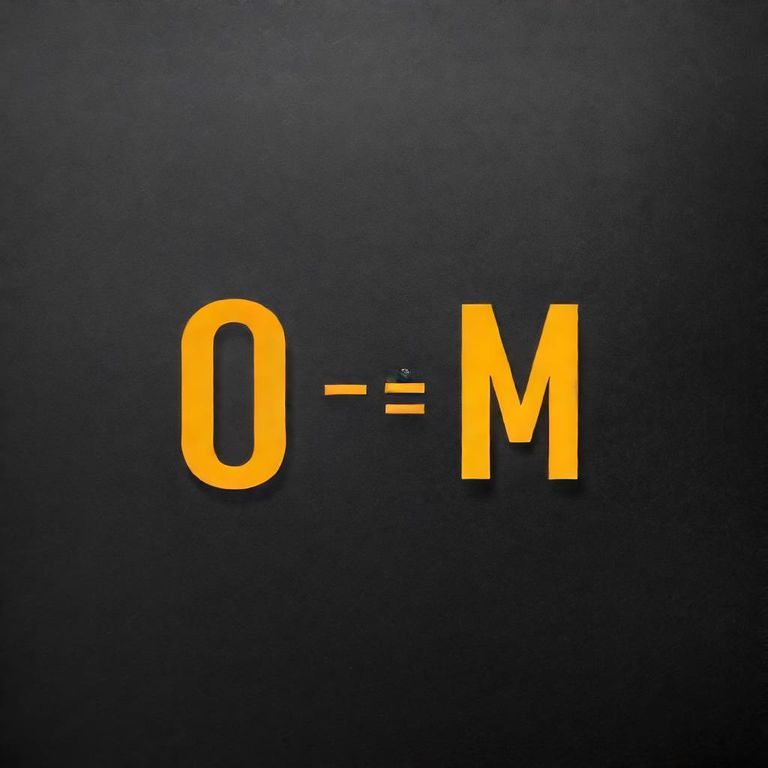Inches to Millimeters Converter
Understanding 0.002 in to mm Conversions
Converting inches to millimeters is a common requirement in various fields, such as engineering and manufacturing. When it comes to converting 0.002 in to mm, this process can be performed easily with a clear understanding of the conversion factor.
The Conversion Factor
To convert inches to millimeters, you can use the conversion factor:
1 inch = 25.4 millimetersTo find out how many millimeters are in 0.002 in, you can employ the formula:
millimeters = inches × 25.4Using this formula, you will calculate:
0.002 in × 25.4 = 0.0508 mmHow to Use a Calculator for 0.002 in to mm
Using a calculator for converting 0.002 in to mm can streamline the process. Simply input the value in inches, select the desired conversion output, and let the calculator do the work.
Common Mistakes to Avoid
- Setting the wrong unit: Always ensure you are converting inches to millimeters and not other units.
- Miscalculating: Double-check your arithmetic, especially if doing it manually.
Top 10 Questions About 0.002 in to mm
- How does 0.002 in to mm work? It works by multiplying inches by 25.4 to get millimeters.
- Can you easily 0.002 in to mm? Yes, especially if you use a calculator for quick conversions.
- What is the millimeter equivalent of 0.002 in? The equivalent is 0.0508 mm.
- Why convert 0.002 in to mm? It’s essential for precision in engineering and manufacturing tasks.
- Is the conversion factor universally accepted? Yes, 1 inch is consistently equal to 25.4 mm.
- Are there online tools for 0.002 in to mm? Yes, numerous online converters make the process straightforward.
- What other measurements can be converted similarly? Other inch measurements can also be converted to millimeters using the same factor.
- Is knowing 0.002 in to mm important? Yes, it helps in fields requiring precise measurements.
- Can you convert mm back to in? Yes, you can divide the mm value by 25.4.
- What are some applications of these measurements? Applications include manufacturing, construction, and scientific research.
Wow, I had no idea 0.002 in was so tiny! 😂 Just converts to 0.05 mm, right? Sometimes these small measurements really throw me off. Anyone else have trouble with these conversions? It’s like math but more confusing, haha!